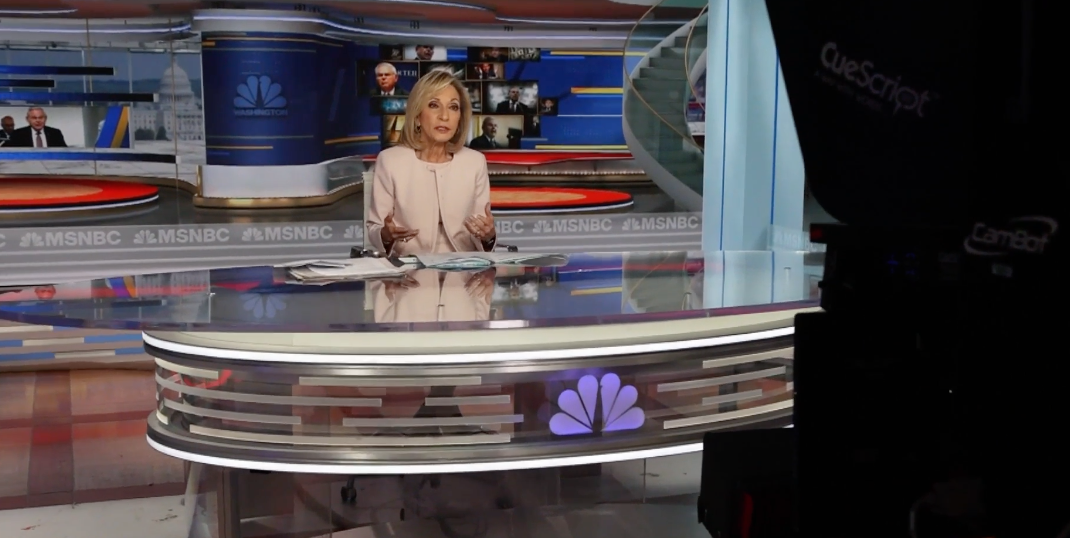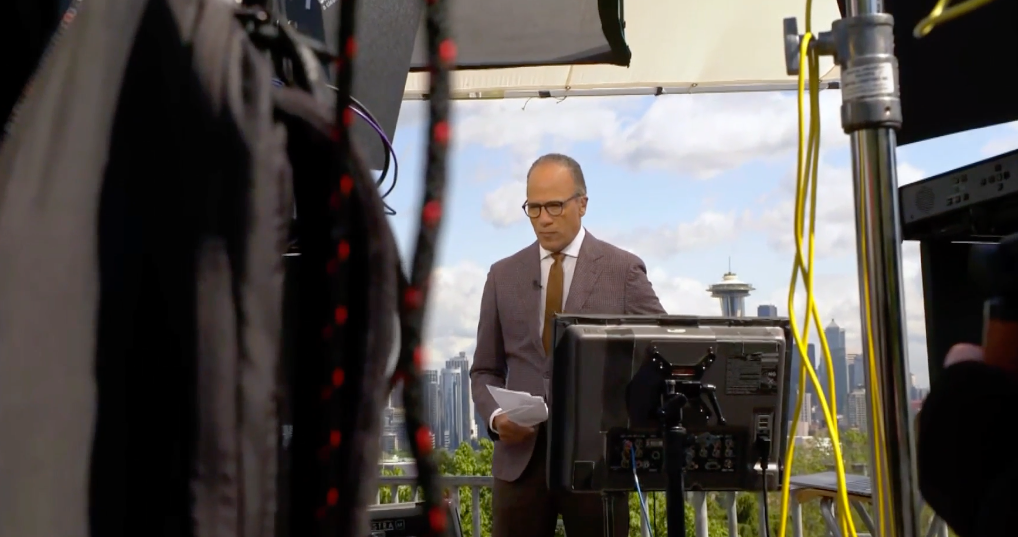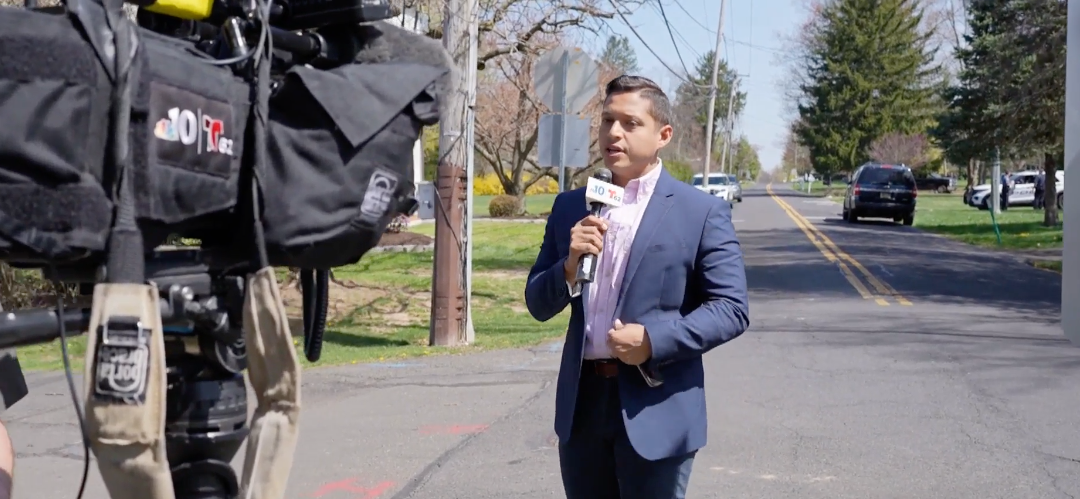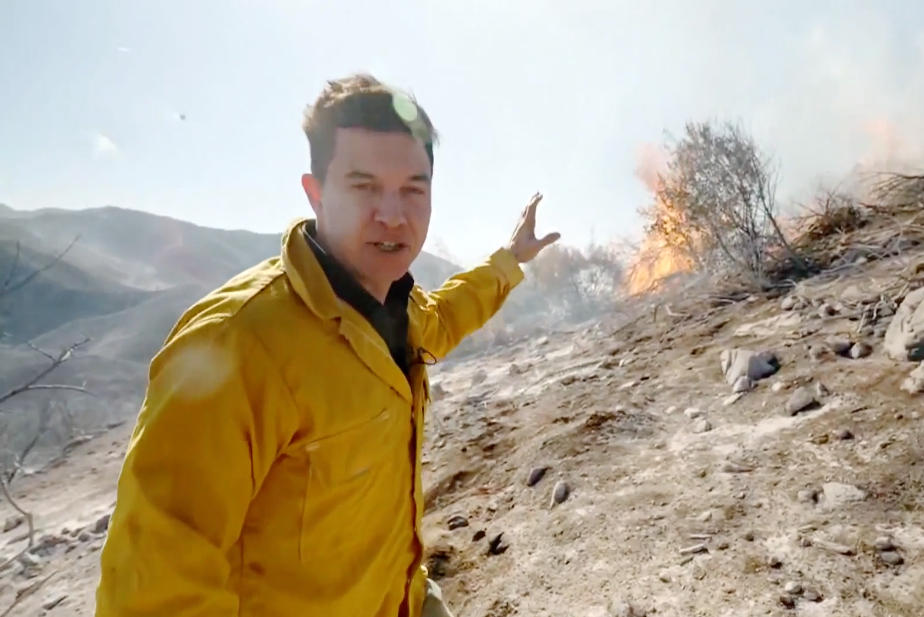When news breaks, on-air journalists must maintain a sense of calm. They need to synthesize information — from complex details to massive tragedies — with clarity and accuracy. Journalists are there to provide facts during moments of uncertainty.
“It doesn’t help anyone or anything to freak out,” said Aimee Cho, a reporter at NBC4 Washington. “That’s not going to accomplish anything. That’s not going to get you on the air any faster. So just try to remain calm, breathe.”
The skills required for reporting on breaking news demand a unique combination of rapid verification, clear communication and emotional control — which all come with time and practice. Watch the video above and read more tips below to find out how journalists can keep their cool when the news is hot.
Under pressure, start preparing
It’s essential for reporters to stay composed during breaking news because succumbing to anxiety and overload can lead to mistakes.
“When you’re reporting live something tragic or really compelling, you have to be calm, because you are the voice of authority,” said Andrea Mitchell, NBC News chief foreign affairs correspondent. “People are turning to you to find out this information.”
This emotional regulation can be developed through experience. “When I started reporting, I would get butterflies,” NBC4 Washington anchor Eun Yang said. “I totally remember being nervous, especially before I went live.” The key is channeling that adrenaline into focused energy rather than letting it derail your reporting. “Always be prepared,” Yang said. “Get as much information as you can in the time that you have, so you are ready with facts when you go live.”
“NBC Nightly News” anchor Lester Holt emphasized that being a calming presence is as central to the role as being “someone with compassion and someone that people can relate to with real human emotions.” This balance between professional composure and authenticity helps build trust with viewers.
How to maintain composure on air
- Take deliberate breaths before going live on air.
- Focus on the camera as if speaking to one person — picture a specific person who will be watching your report.
- Channel nervous energy into your intonation for purposeful delivery.
- Practice emotional regulation techniques that ground you when you’re not in stressful situations.
Be transparent about what you know and don’t know
Experienced journalists know that credibility matters more than speed. David Verdi, the executive vice president for global newsgathering at NBC News, said people don’t remember who was correct, but they always remember who was inaccurate.
Mistakes can be avoided with preparation, said Laura Jarrett, “Saturday TODAY” co-anchor. “I try to just take that minute, even if it’s literally just 30 seconds to air, to orient myself with what I know and what I don’t know, and be really transparent about both of them,” she said.
NBC News assignment editor Austin Mulle rsaid one easy conversation can clear up information quickly. “A question that might take 30 seconds on the phone might take half an hour via email,” he said.
Steps to verifying breaking news
- Call official sources to expedite newsgathering.
- Check official social media accounts and websites for updates.
- Research background about the location or situation for context.
- Independently corroborate information, even if other outlets are reporting it.
“You have to make sure you’re doing your own reporting, your own vetting, that you’re having your own conversations,” said “Meet the Press” moderator Kristen Welker.
Trust the support from your team
Breaking news coverage is rarely a solo effort. “We’re all scrambling together,” said Ken Dilanian, NBC News justice and intelligence correspondent. A collaborative approach where teams help make calls and fact-check reports helps ensure accuracy and support during high-pressure situations.
“There’s a lot of different moving parts,” said Cho. “The digital team wants updates on social media. The producers need information so they can write teases and write headlines and make sure all of the graphics are accurate.”
Mastering breaking news coverage isn’t about eliminating stress or uncertainty — it’s about developing the tools to work effectively despite them. It’s also about knowing when you need to reach out to your team for support.
“Don’t be afraid to say what you don’t know,” said Rehema Ellis, NBC News chief education correspondent. “You may not know the answer to that yet. You’re looking for that answer.”
🚨 More Breaking News Resources 🚨
• When News Breaks, Here’s What an NBC Producer Brings
• 5 Safety Tips From NBC News’ Security Team
• What Journalists Need to Know Before Covering Protests
• How Trauma Impacts Journalists
• Case Study: How To Cover Puerto Rico Beyond Breaking News







